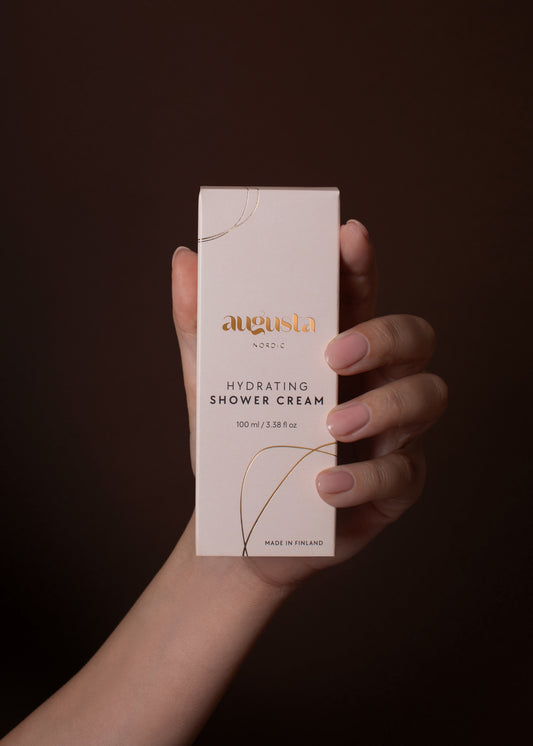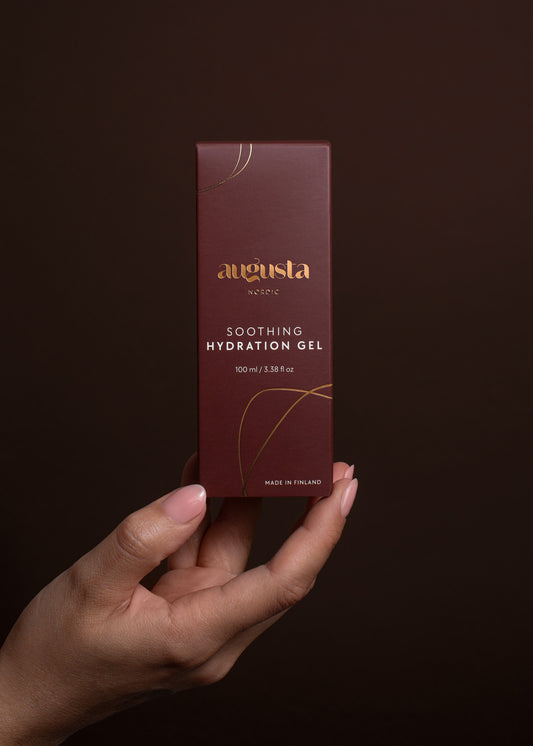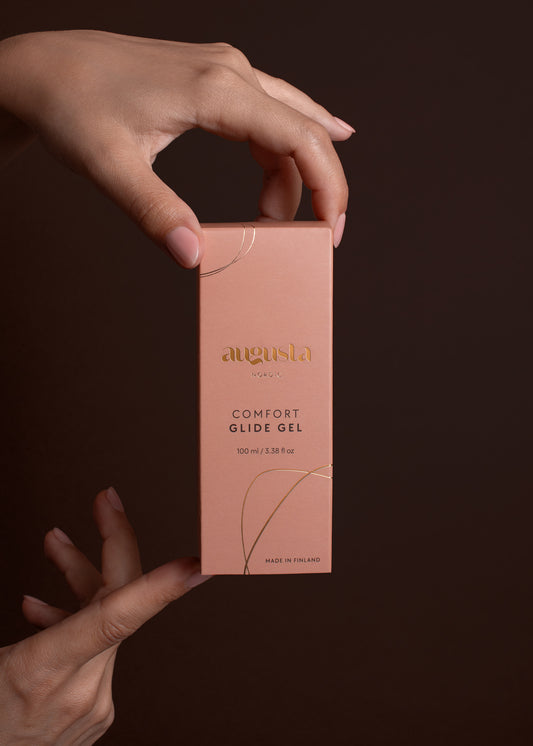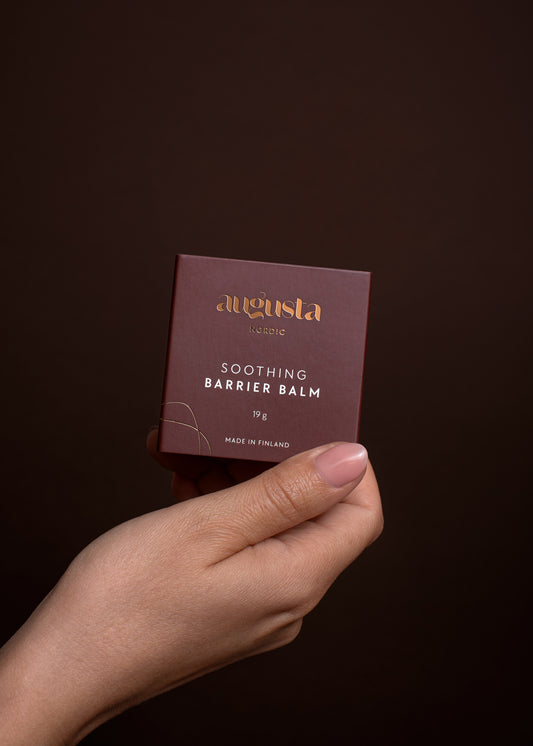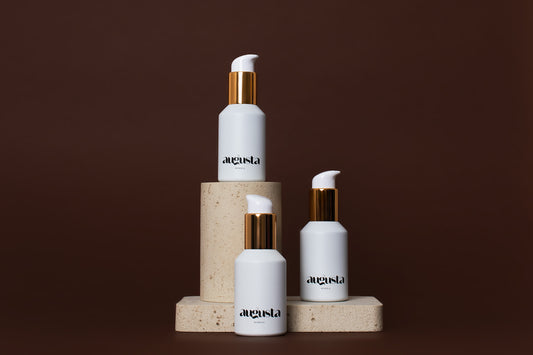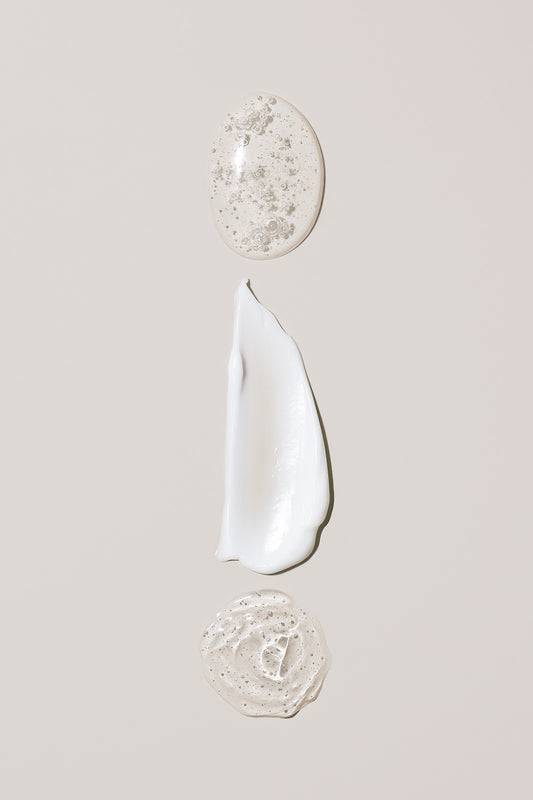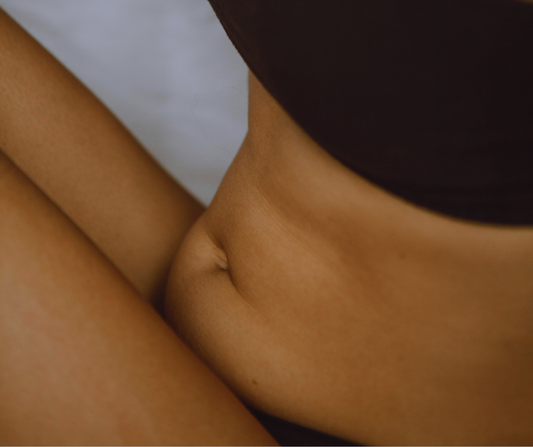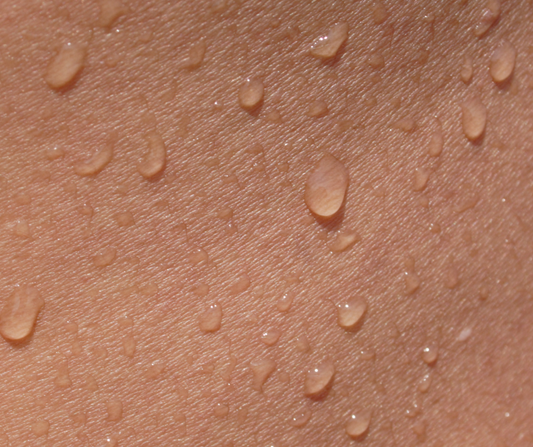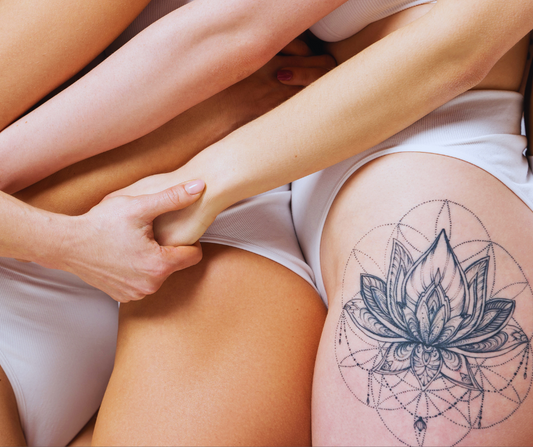Vaginal dryness is a common issue experienced at various stages of life, particularly during perimenopause and menopause. While it’s often a topic that goes unspoken, vaginal dryness can have a significant impact on physical comfort, sexual health, and overall well-being. Let’s explore what causes it, the symptoms you might experience, and what you can do to manage it.
What Causes Vaginal Dryness?
The primary cause of vaginal dryness is a decrease in estrogen, the hormone responsible for keeping the vaginal tissue healthy, moist, and elastic. The amount of estrogen varies in different phases of menstrual cycle. While dryness is most commonly associated with menopause, vaginal dryness can occur at any age for a variety of reasons:
-
Perimenopause and Menopause: As estrogen levels naturally drop during perimenopause and menopause, the vaginal lining becomes thinner, less elastic, and drier. This can lead to discomfort during daily activities and sexual intercourse.
-
Breastfeeding and Postpartum: Hormonal changes during breastfeeding and after childbirth can lead to temporary vaginal dryness. Estrogen levels remain lower while breastfeeding, which may cause similar discomfort to that experienced during menopause.
-
Medications: Certain medications, such as antihistamines, antidepressants, and hormonal treatments like birth control, can reduce natural lubrication.
-
Stress: Emotional and physical stress can interfere with hormone production, leading to vaginal dryness as a result of decreased blood flow and lubrication in the vaginal tissues.
-
Certain Health Conditions: Autoimmune diseases, such as Sjögren's syndrome, can reduce moisture production throughout the body, including the vagina. Cancer treatments like chemotherapy or radiation can also contribute to dryness.
-
Douching and Harsh Soaps: Using perfumed soaps, douches, or other harsh personal care products can disrupt the natural pH balance of the vagina, leading to irritation and dryness.
Recognizing the Symptoms of Vaginal Dryness
While the primary symptom is dryness, other signs often accompany the condition, making it difficult to ignore. These can include:
- Itching or irritation in the vaginal area
- Burning sensations or discomfort during urination
- Painful intercourse (dyspareunia)
- Decreased natural lubrication during sexual activity
- General discomfort in the vaginal or vulvar area
If you experience any of these symptoms, it’s important to know that you’re not alone, and many solutions are available.
Solutions and Remedies for Vaginal Dryness
The good news is that vaginal dryness is treatable, and there are several ways to manage it depending on the cause and severity of your symptoms. Here are some effective solutions:
-
Moisturizers and Lubricants: Over-the-counter vaginal moisturizers can help maintain hydration in the vaginal tissues between applications. Lubricants are ideal for sexual activity, providing immediate relief from discomfort.
-
Estrogen Therapy: For individuals experiencing perimenopause or menopause, local estrogen treatments (creams, rings, or tablets) can restore moisture and elasticity by replenishing estrogen levels directly to the vaginal tissues. Hormone replacement therapy (HRT) is another option if systemic symptoms of menopause are present.
-
Hyaluronic Acid Products: Hyaluronic acid, commonly known for its moisturizing properties in skincare, can also be found in vaginal creams or gels. It helps retain moisture in the vaginal tissues and is a great non-hormonal option.
-
Lifestyle Adjustments: Avoiding harsh soaps, douches, and synthetic fabrics can help reduce irritation and maintain a healthy vaginal pH. Additionally, staying hydrated and eating foods rich in omega-3 fatty acids (like fish, flaxseeds, and walnuts) can support vaginal health from within.
-
Pelvic Floor Exercises: Strengthening the pelvic floor muscles through exercises like Kegels can improve blood circulation to the vaginal area, which in turn promotes natural lubrication.
-
Consult a Doctor: If home remedies don’t seem to help, or if you experience chronic discomfort, consult a healthcare provider. They may recommend specialized treatments based on your unique needs, especially if dryness is due to underlying health conditions or medications.
Preventing Vaginal Dryness
While vaginal dryness can be an inevitable part of hormonal changes, there are steps you can take to reduce its severity and frequency:
-
Maintain a Healthy Diet: A diet rich in antioxidants, vitamins, and essential fatty acids supports your body’s natural production of moisture. Include plenty of leafy greens, fruits, and foods with healthy fats like avocados and nuts.
-
Stay Hydrated: Drinking plenty of water helps keep your entire body, including the vaginal tissues, hydrated.
-
Exercise Regularly: Exercise boosts circulation and can enhance blood flow to the vaginal area, promoting moisture.
-
Quit Smoking: Smoking reduces blood flow and lowers estrogen levels, which can lead to vaginal dryness, especially during menopause.
Vaginal dryness is a common but manageable condition that can affect individuals at any stage of life. Understanding the underlying causes and recognizing the symptoms is the first step in finding the right solution for your needs. Whether it’s through lifestyle changes, moisturizing products, or hormone therapy, you can take control of your vaginal health and improve your overall well-being.
Remember, you don’t have to suffer in silence. Many options can help you feel comfortable, confident, and healthy again.
